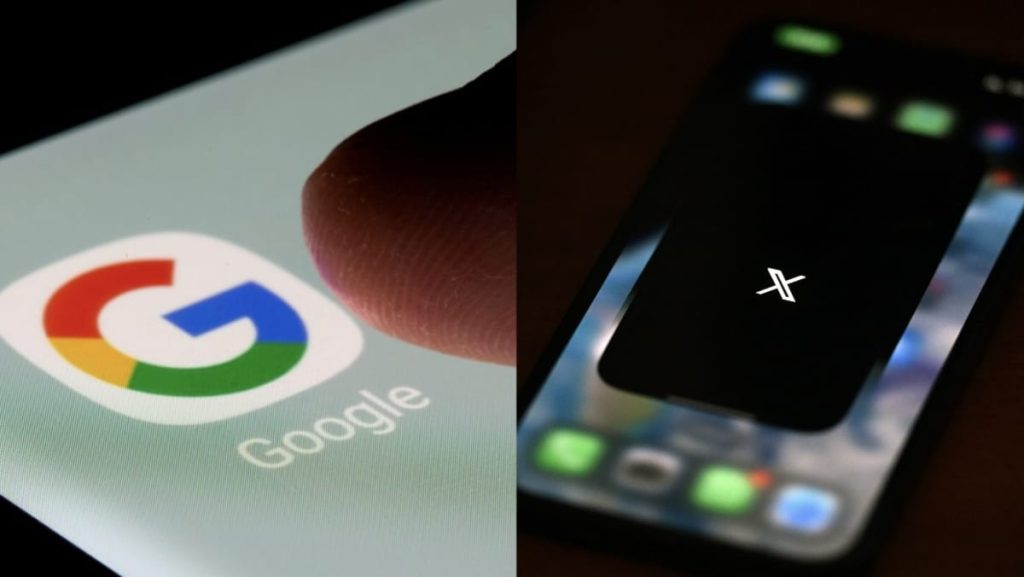Malaysia’s newly implemented licensing framework for online platforms, effective January 1, 2024, has sparked a wave of compliance and scrutiny among tech giants. This framework, announced in July 2023, aims to curb online harm by requiring social media and internet messaging platforms with at least eight million registered users in Malaysia to obtain an Applications Service Provider Class license. The framework mandates these platforms to adhere to specific regulations and responsibilities, contributing to a safer and more accountable online environment. The Malaysian Communications and Multimedia Commission (MCMC) is tasked with overseeing the implementation and enforcement of this new regulatory landscape.
While several major platforms have readily embraced the licensing process, some, including industry titans Google and X (formerly Twitter), have yet to fully comply. Google, operating the popular video-sharing platform YouTube, has raised concerns regarding the platform’s classification under the framework, questioning its categorization as a social media platform due to its distinct video-sharing features. MCMC acknowledges these concerns and is engaged in ongoing discussions with Google to address the issues raised, assuring the public that YouTube, along with other relevant platform providers meeting the licensing criteria, will be held accountable under the framework.
X, on the other hand, contends that its user base in Malaysia falls short of the eight million threshold mandated for licensing. MCMC has responded by initiating a review of X’s user base data to verify its claims and will continue to engage with the platform to assess its position within the framework’s scope. This careful examination underscores the MCMC’s commitment to ensuring comprehensive coverage and accurate application of the licensing requirements.
In contrast to the ongoing discussions with Google and X, several other prominent platforms have made significant progress in securing the necessary licenses. Tencent, the operator of WeChat, has taken the lead, becoming the first service provider to be granted the Applications Service Provider Class license. Following closely behind is TikTok, owned by ByteDance, further demonstrating the commitment of these platforms to operate within the newly established regulatory framework. Telegram, another popular messaging platform, is currently in the final stages of the licensing process, while Meta, which oversees Facebook, Instagram, and WhatsApp, has initiated the process with an anticipated completion in the near future.
The MCMC has emphasized its commitment to enforcing the new regulations, stating that it will assess the status of all platform providers and take appropriate actions under the Communications and Multimedia Act 1998 against those who fail to comply. This may include investigations and regulatory actions against platforms operating without the required license. The penalties for non-compliance are substantial, ranging from fines of up to RM500,000 (US$111,600) and five years imprisonment to daily fines of RM1,000 for each day of continued unlicensed operation.
Despite the firm stance on enforcing the licensing framework, Communications Minister Fahmi Fadzil has clarified that Malaysia does not intend to block or ban any social media platforms. He recognizes the significant value these platforms bring to the country, both economically and socially, and acknowledges Malaysia’s growing importance as a market for these companies. The licensing framework is therefore not intended as a measure to restrict access, but rather as a mechanism to enhance user safety and promote responsible online behavior, fostering a more secure and productive digital environment for all stakeholders.

